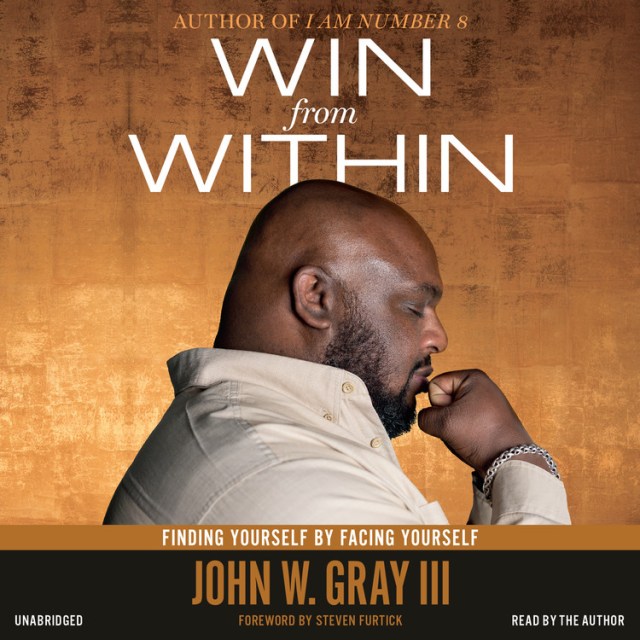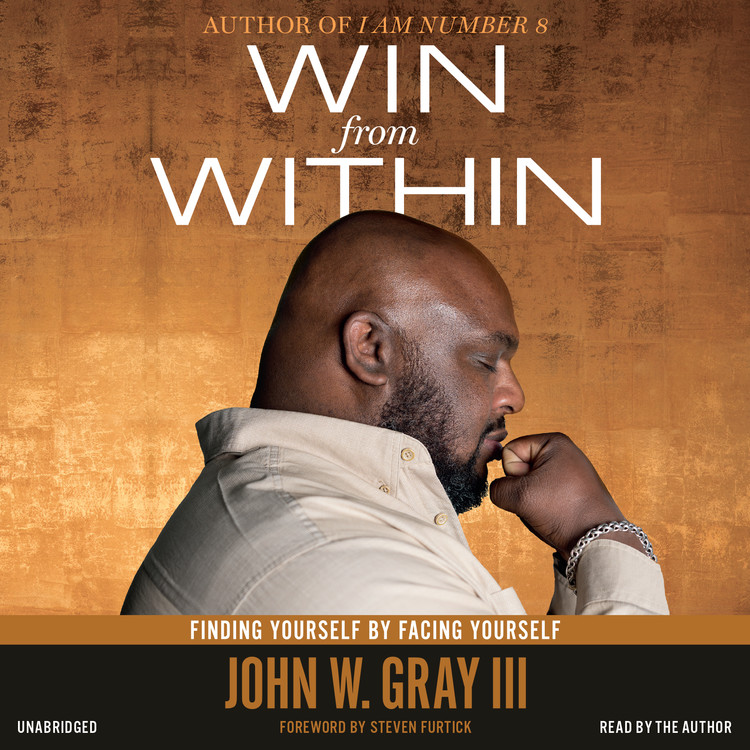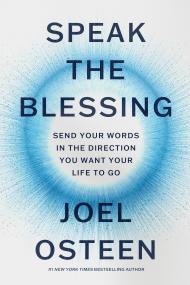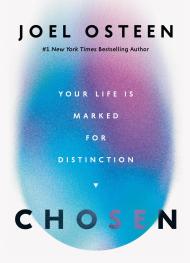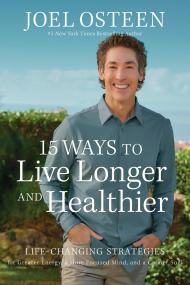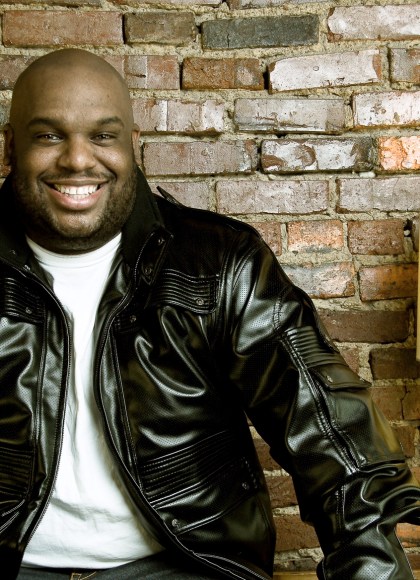By clicking “Accept,” you agree to the use of cookies and similar technologies on your device as set forth in our Cookie Policy and our Privacy Policy. Please note that certain cookies are essential for this website to function properly and do not require user consent to be deployed.
Win from Within
Finding Yourself by Facing Yourself
Contributors
By John Gray
Foreword by Steven Furtick
Read by John Gray
Formats and Prices
- On Sale
- Oct 30, 2018
- Publisher
- Hachette Audio
- ISBN-13
- 9781549168086
Format
Format:
- Audiobook Download (Unabridged)
- ebook $12.99 $16.99 CAD
- Hardcover $22.00 $29.00 CAD
- Trade Paperback $19.99 $25.99 CAD
This item is a preorder. Your payment method will be charged immediately, and the product is expected to ship on or around October 30, 2018. This date is subject to change due to shipping delays beyond our control.
Buy from Other Retailers:
Win FromWithin gives practical application to the story recorded in Genesis of Jacob wrestling with the man at the River Jabbok, and through it readers will learn how to become the persons they were created to be. The persons God intended each of us to be develops as we face our inner battles. With examples from his own life as well as his ministerial counseling, Gray provides a pathway to awakening. He includes strategies for confronting the past, how we have been labeled, who people have said we are, even who we think we are, so that we can win the battle and be who God intends us to be. Jacob spent much of his life running and hiding from himself. At a certain point we, like Jacob, cannot run from our true selves anymore. We must stop and face ourselves if we are to become great.
Win FromWithin helps us conquer our inner darkness and overcome such hindrances as fear, shame and guilt. This powerfully biblical self-help guide will push us toward victory over our inner struggles. Winning will make us the persons we have always wanted to be, the persons we have dreamed about becoming, the persons God created us to be.
-
"Most people monitor success by external responses; how many followers they have, how many likes they get, how many compliments they garner. But John Gray in his masterful book, Win From Within, offers a pragmatic practicum through which the reader will begin to understand that it does not matter how many accolades one gathers if you fail to Win From Within."T. D. Jakes Sr., Senior Pastor, The Potter's House of Dallas, Inc. / TDJ Enterprises, New York Times best-selling author
Newsletter Signup
By clicking ‘Sign Up,’ I acknowledge that I have read and agree to Hachette Book Group’s Privacy Policy and Terms of Use
